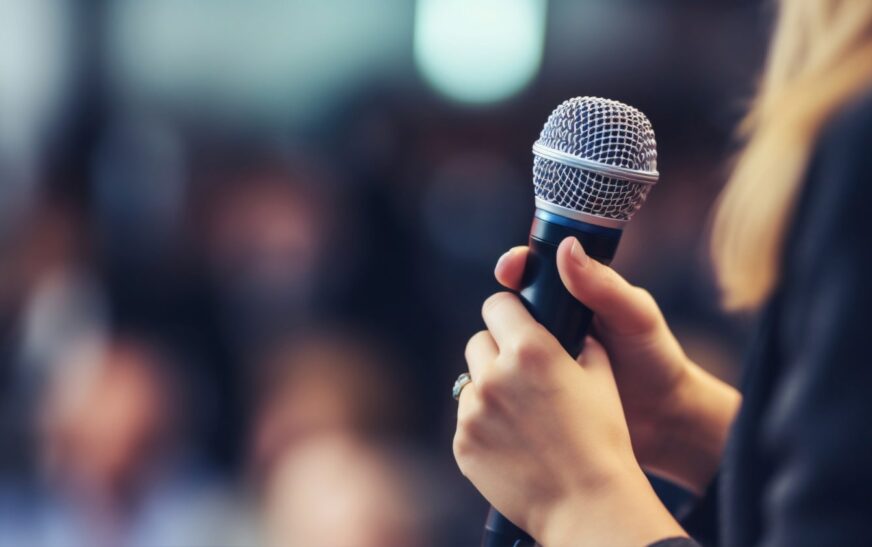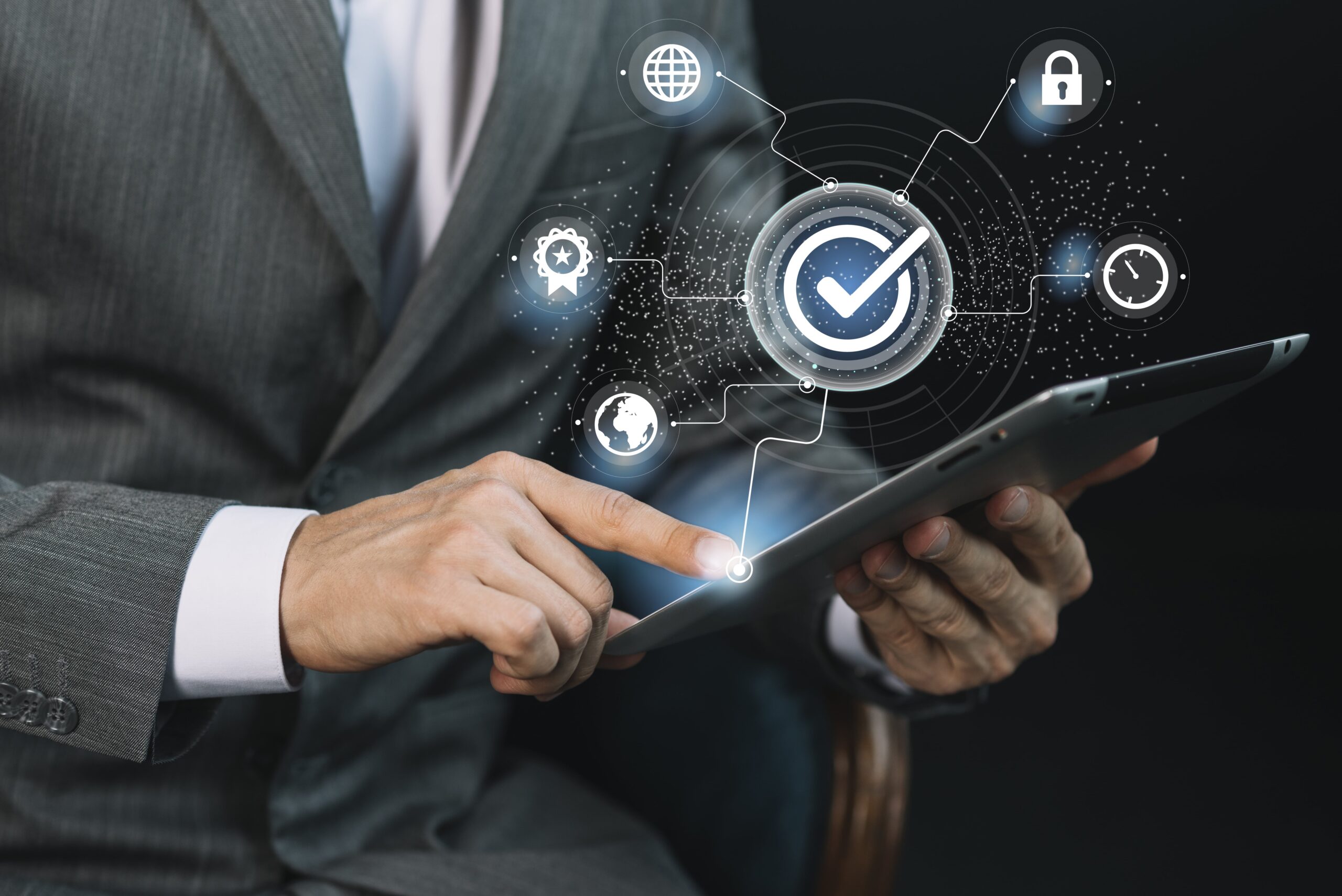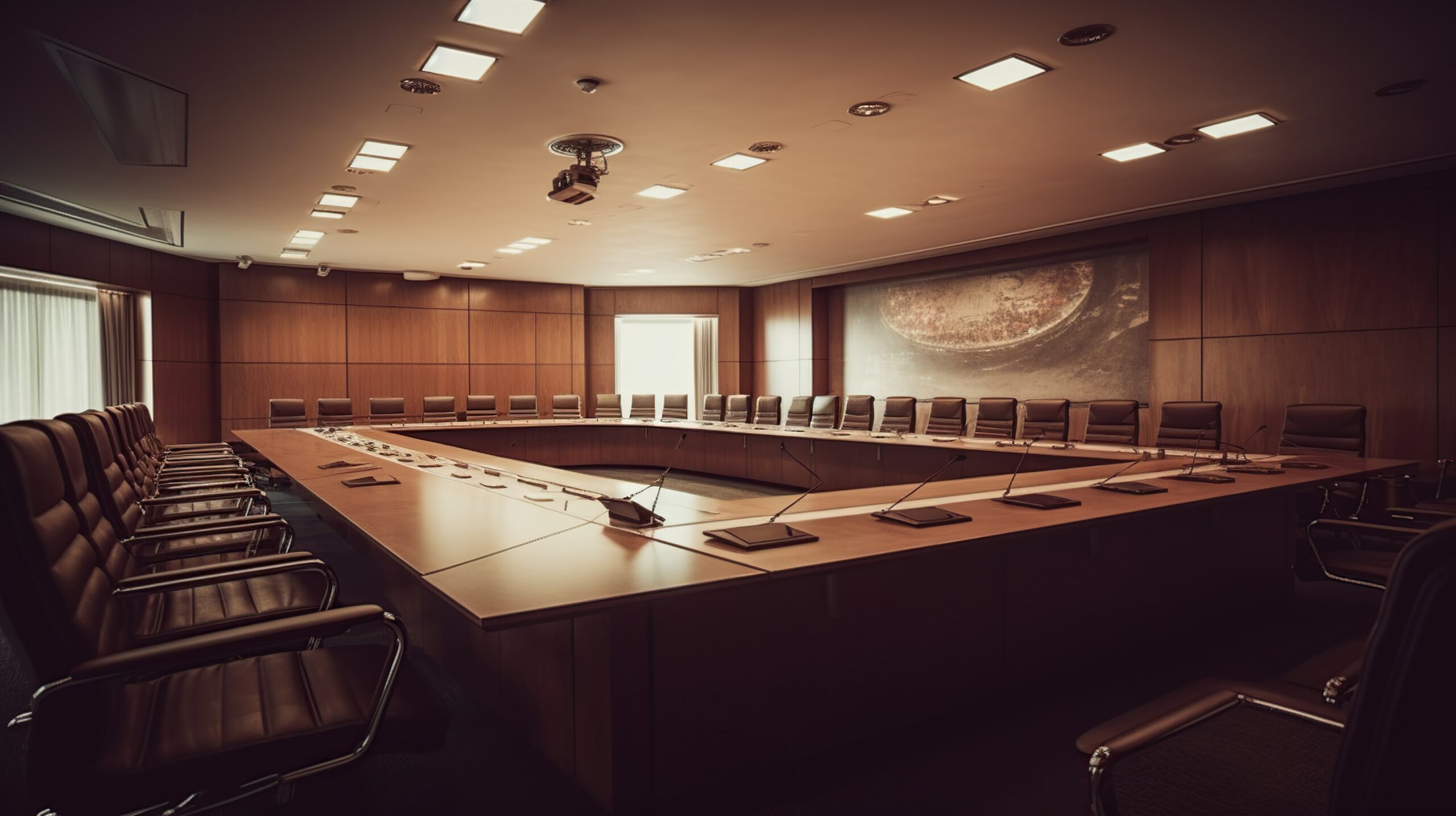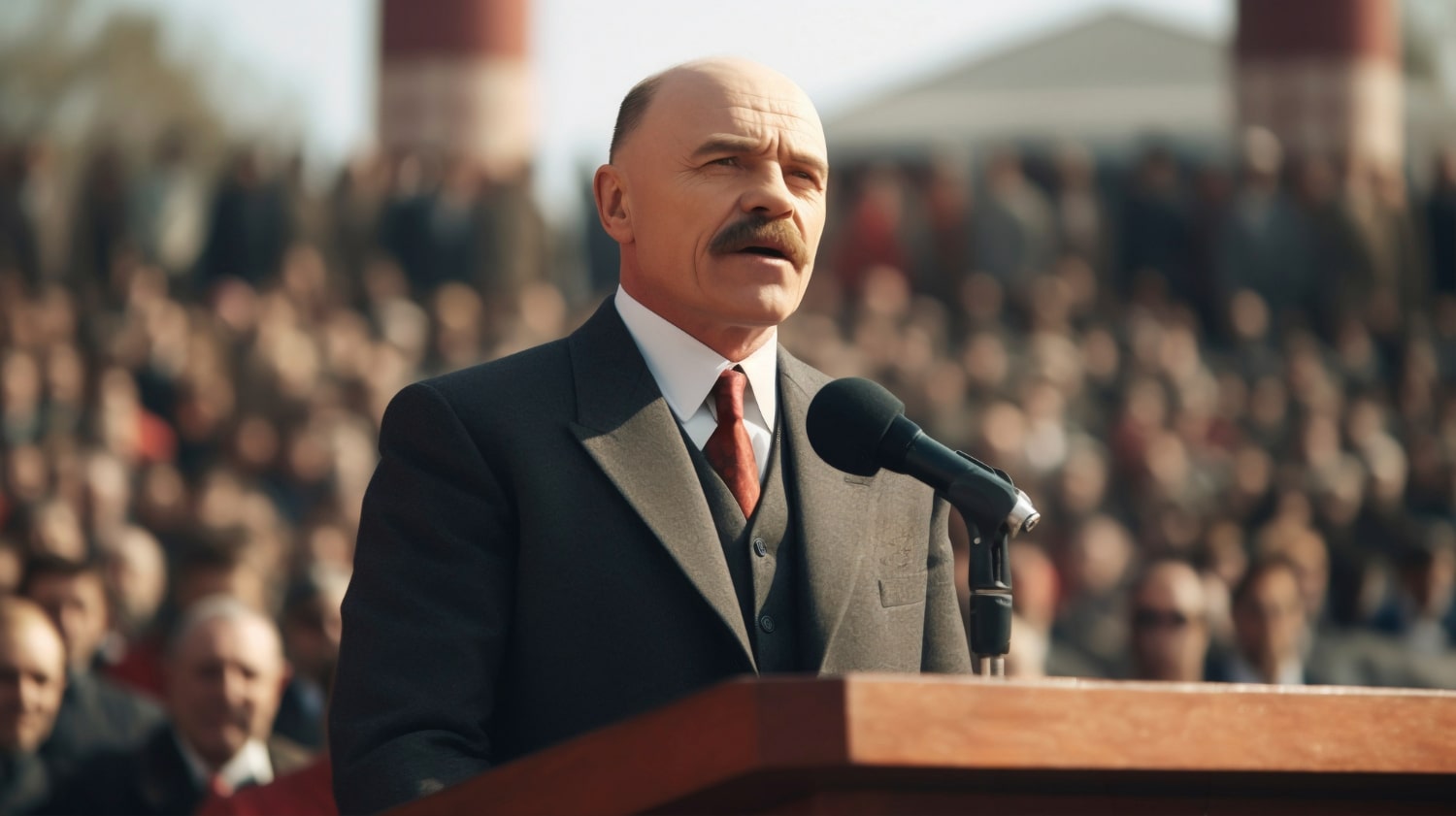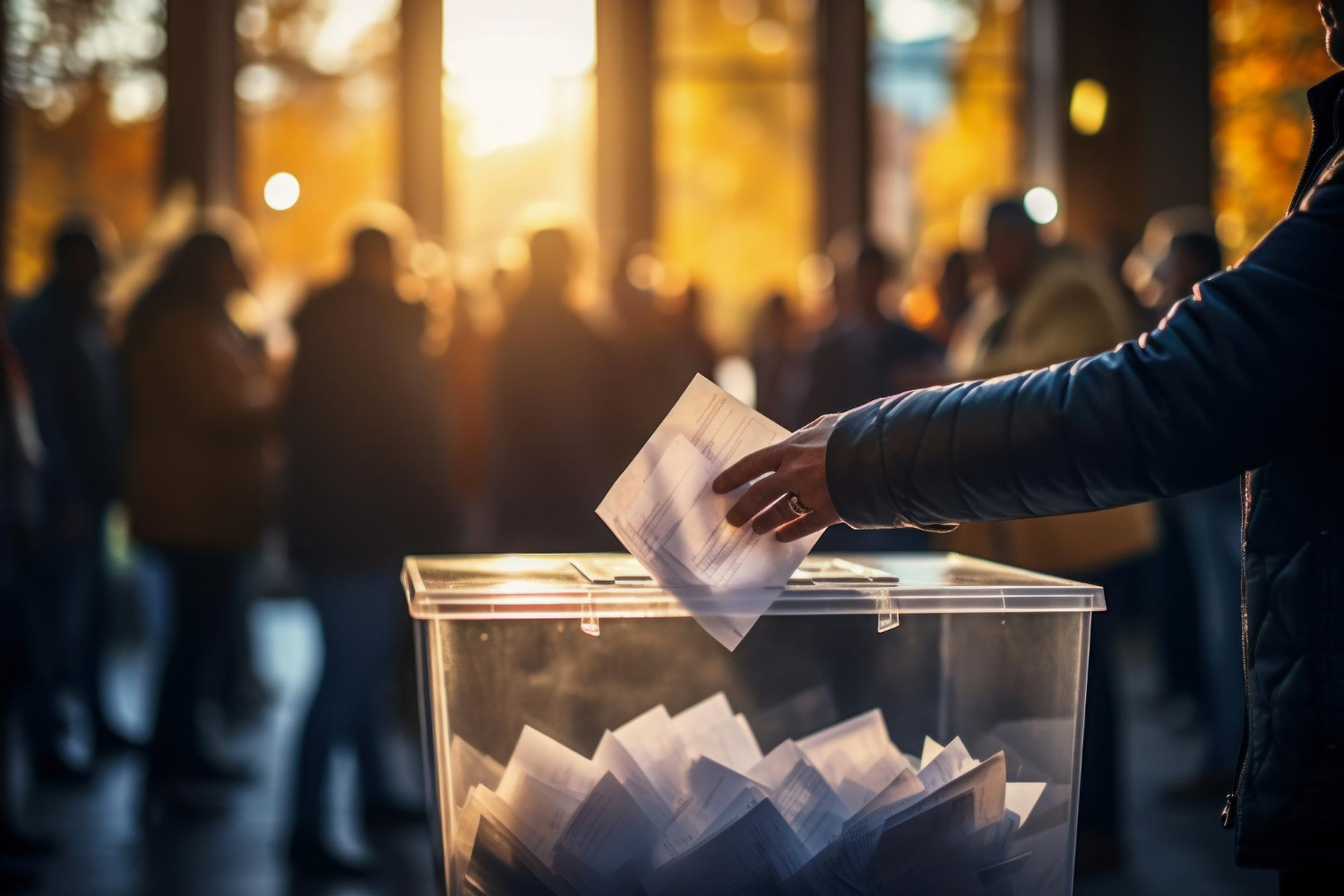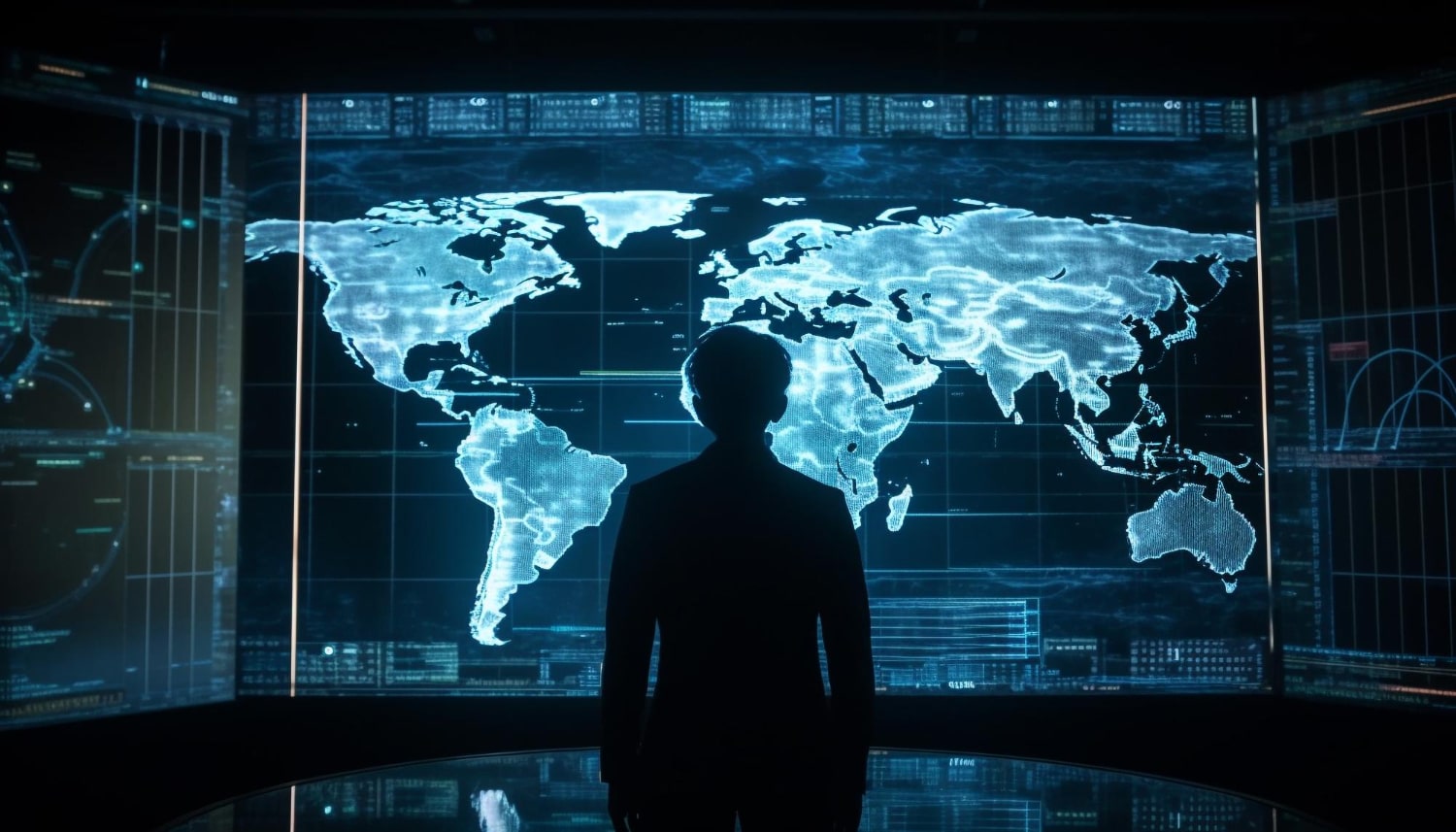Introduction
The intricate relationship between politics and media shapes the dynamics of modern societies, influencing public opinion, policy discourse, and democratic governance. Understanding this symbiotic connection requires an exploration of various dimensions, including media influence on politics and vice versa.

Media Influence on Politics
a. Agenda Setting: Media plays a crucial role in setting the political agenda by determining which issues receive attention and how they are framed. In addition, through selective coverage and emphasis, media outlets shape public perception and influence policymakers’ priorities.
b. Framing: Media framing influences how political issues are understood and interpreted by the public. In addition, different frames can highlight specific aspects of an issue, shaping public opinion and policy responses.
c. Public Opinion Formation: Media platforms serve as crucial conduits for shaping public opinion on political matters. Through news coverage, analysis, and commentary, media outlets can sway public sentiment and influence electoral outcomes.
d. Accountability and Transparency: Media scrutiny holds political leaders accountable for their actions and decisions. Investigative journalism, freedom of the press, and public access to information are essential for maintaining transparency and fostering trust in government institutions.
Politics’ Influence on Media
a. Media Ownership and Bias: Political interests often influence media ownership and content, leading to biases and distortions in news coverage. In addition, control by political elites or corporate interests can compromise journalistic independence and integrity.
b. Regulatory Framework: Political decisions regarding media regulation and censorship can impact freedom of expression and press freedom. In addition, politicized regulatory bodies may limit media pluralism and impede journalists’ ability to hold power to account.
c. Access and Information Control: Political actors may seek to manipulate media narratives, control information flow, or suppress dissenting voices to maintain power and influence public opinion.
d. Media Manipulation and Propaganda: Politicians and political parties may use media manipulation tactics, such as misinformation, propaganda, and strategic communication strategies, to shape public perceptions and advance their agendas.
Conclusion
In conclusion, the interplay between politics and media is complex and multifaceted, shaping public discourse, policy outcomes, and democratic processes. In addition, acknowledging the influence of media on politics and vice versa is essential for promoting transparency, accountability, and informed citizenship in contemporary societies.

